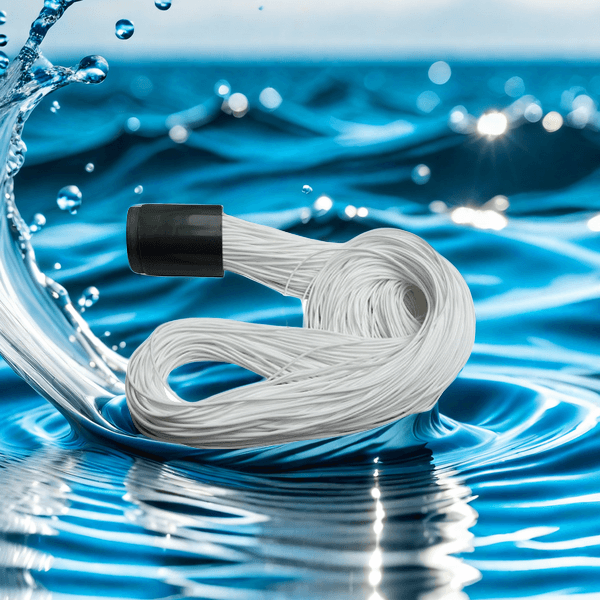Introduction to MBR membrane related knowledge
1. Definition and working principle
The full name of MBR membrane is membrane bioreactor
Combining membrane separation technology with traditional activated sludge process
Using membrane filtration instead of secondary sedimentation tank for solid-liquid separation
2. Classification
Classified by membrane component type: hollow fiber, tubular, flat, etc
Classification by membrane material: organic membrane and inorganic membrane
Classified by membrane function: separation membrane, aeration membrane, extraction membrane
Classified by the combination of membrane and bioreactor: integrated, split, and composite

3. Advantages and disadvantages of MBR membrane
Advantages: High effluent quality, small volume, high degree of automation, and low operating cost
Disadvantages: Severe membrane fouling, difficulty in membrane cleaning and replacement
4. Application field
Municipal sewage treatment and reclaimed water reuse
Industrial wastewater treatment and reuse
Production of ultra pure water in the food and pharmaceutical industry
Desalination of seawater
5. Selection and operation precautions
Reasonable selection of membrane material, membrane pore size, and membrane component structure
Matching membrane component size and membrane area
Optimize the process parameters of membrane components
Develop a membrane cleaning and maintenance plan
